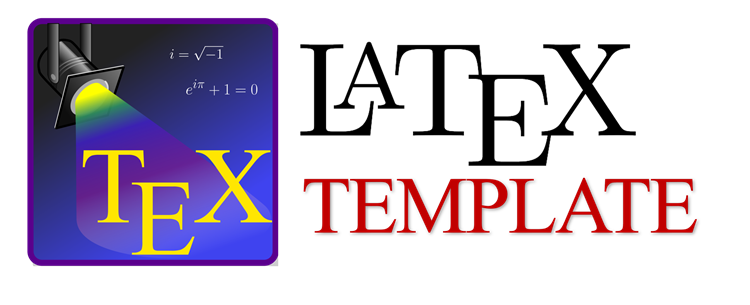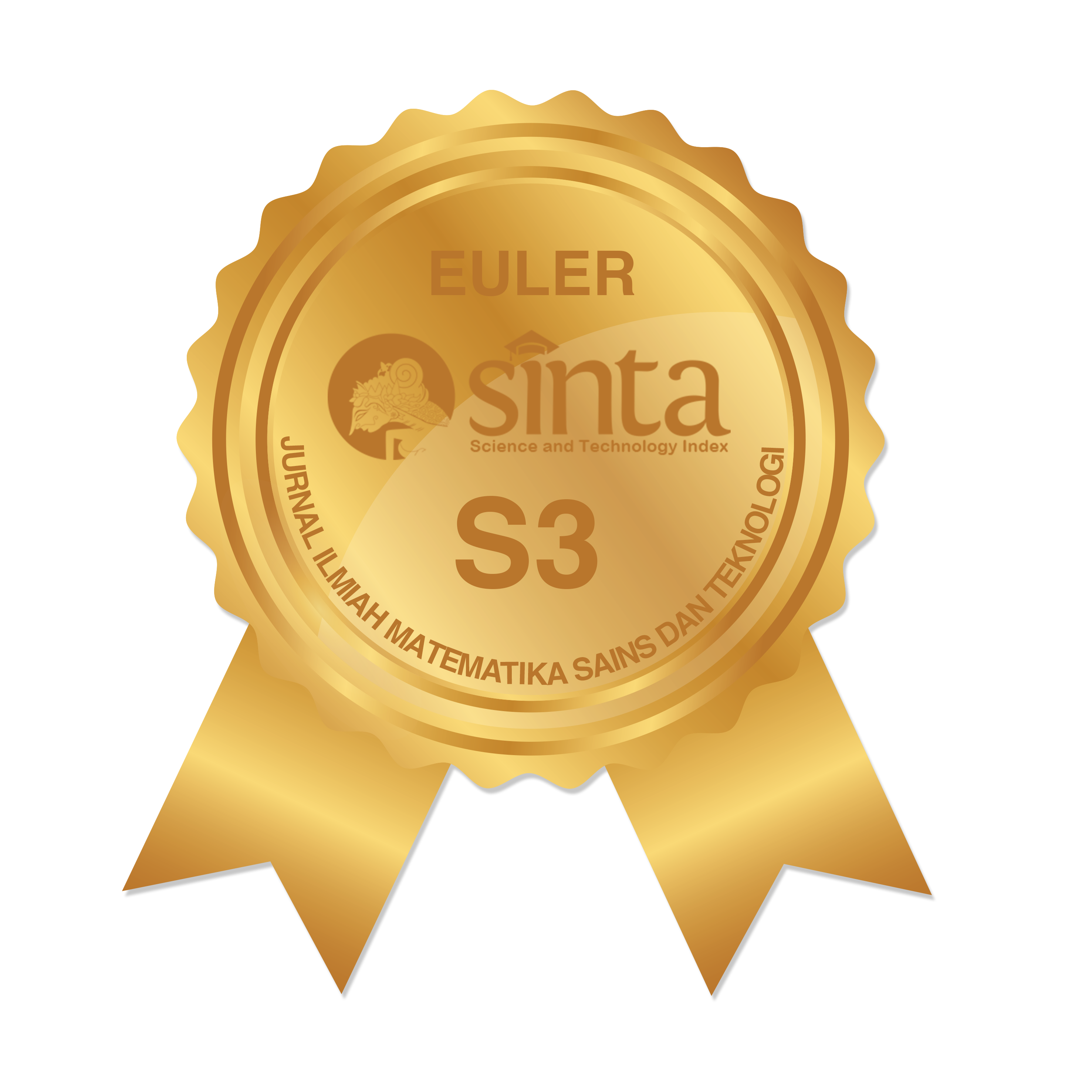Analisis Kemampuan Berpikir Kritis dan Penalaran pada Soal Open Ended: Dampak Model Problem Based Learning dan Model Discovery Learning
Abstract
Keywords
Full Text:
PDFReferences
Yulianti, “Perbandingan Kemampuan Pemahaman Konsep dan Penalaran Matematika Melalui Model Pembelajaran Kooperatif Tipe Numbered Head Together (NHT) dan Tipe Think Pair Share (TPS) pada Siswa Kelas VII SMPN 2 Patalassang Kabupaten Gowa,” Skripsi, UIN Alauddin Makassar, 2019.
P. A. Facione, Critical Thinking: What It Is and Why It Counts. Insight Assessment, 2011.
S. Susanti, S. W. D. Pomalato, R. Resmawan, and E. Hulukati, “Kemampuan berpikir kritis siswa dalam menggunakan multimedia interaktif,” Differential: J. Math. Educ., vol. 1, no. 1, pp. 37–46, Mar. 2024, doi: 10.32502/differential.v1i1.92.
J. Kilpatrick, J. Swafford, and B. Findell, Adding It Up: Helping Children Learn Mathematics. National Academy Press, 2001.
N. Niode, P. Zakaria, and R. Resmawan, “Implementasi model pembelajaran Self Organized Learning Environment untuk meningkatkan kemampuan berpikir kritis matematis,” Indiktika: J. Inov. Pendidik. Mat., vol. 4, no. 2, pp. 62–75, 2022, doi: 10.31851/indiktika.v4i2.7615.
R. I. Arends, Learning to Teach, 9th ed. New York: McGraw-Hill Education, 2012.
S. Selfiani, T. Machmud, R. Resmawan, and Y. Ismail, “Pengaruh model Problem Based Learning terhadap kemampuan berpikir kreatif matematis siswa pada materi kubus dan balok,” Ri’man J. Math. Educ., vol. 1, no. 2, pp. 30–36, 2023, doi: 10.55657/rmns.v1i2.66.
J. Bruner, The Process of Education. Cambridge: Harvard University Press, 1961.
E. W. Prihono and F. Khasanah, “Pengaruh Model Problem Based Learning terhadap Kemampuan Berpikir Kritis Matematis Siswa Kelas VIII SMP,” EDU-MAT J. Pendidik. Mat., vol. 2759, pp. 74–87, 2020, doi: 10.20527/edumat.v8i1.7078.
N. Rahmi, “Pengaruh Model Pembelajaran Problem Based Learning (PBL) terhadap Peningkatan Kemampuan Penalaran Matematis Siswa SMP/MTs,” Skripsi, UIN Ar-Raniry Banda Aceh, 2018.
A. H. Intani, R. Febriyanti, and R. A. Prafianti, “Pengaruh Model Pembelajaran Discovery Learning Terhadap Kemampuan Berpikir Kritis Matematis,” Elips J. Pendidik. Mat., vol. 5, no. 1, pp. 19–28, 2024.
R. F. Sary, D. Juandi, and A. Jupri, “Model Pembelajaran Discovery Learning dan Kemampuan Penalaran Matematis,” AKSIOMA J. Progr. Stud. Pendidik. Mat., vol. 11, no. 2, pp. 1028–1038, 2022.
A. L. Palinussa, J. S. Lakusa, and L. Moma, “Comparison of Problem-Based Learning and Discovery Learning To Improve Students’ Mathematical Critical Thinking Skills,” Form. J. Ilm. Pendidik. MIPA, vol. 13, no. 1, pp. 109–122, 2023, doi: 10.30998/formatif.v13i1.15205.
L. Tambunan, S. J. Sinaga, and A. J. B. Hutauruk, “Perbedaan Kemampuan Penalaran Matematis Menggunakan Model Pembelajaran Problem Based Learning dengan Discovery Learning pada Materi Aritmatika Sosial,” Attract. Innov. Educ. J., vol. 4, no. 2, pp. 271–280, 2021.
Sugiyono, Metode Penelitian Kuantitatif Kualitatif dan R&D, 2nd ed. Bandung: Penerbit Alfabeta, 2021.
S. Maya, S. Sholikhan, and C. Sundaygara, “Pengaruh Model PBL Terhadap Berpikir Kritis Ditinjau dari Kemandirian Belajar Siswa,” RAINSTEK J. Terap. Sains Teknol., vol. 2, no. 1, pp. 9–16, 2020, doi: 10.21067/jtst.v2i1.4376.
A. Arifianto and H. D. Koeswanti, “The Difference between Problem Based Learning Model and Discovery Learning Model on Students’ Critical Thinking Ability,” J. Lesson Learn. Stud., vol. 5, no. 2, pp. 164–171, 2022, doi: 10.23887/jlls.v5i2.49744.
S. Ariyani, I. N. Suardana, and N. L. P. L. Devi, “Komparasi Model Problem Based Learning dan Discovery Learning terhadap Keterampilan Berpikir Kritis Siswa SMP,” J. Pendidik. dan Pembelajaran Sains Indones., vol. 3, no. 1, pp. 61–70, 2020.
DOI: https://doi.org/10.37905/euler.v13i2.31332
Refbacks
- There are currently no refbacks.
Copyright (c) 2025 Mujahidah, Nursalam, Suharti, Ahmad Farham Majid, Andi Dian Angriani

This work is licensed under a Creative Commons Attribution-NonCommercial 4.0 International License.
Euler : Jurnal Ilmiah Matematika, Sains dan Teknologi has been indexed by:
EDITORIAL OFFICE OF EULER : JURNAL ILMIAH MATEMATIKA, SAINS, DAN TEKNOLOGI |
 | Department of Mathematics, Faculty of Mathematics and Natural Science, Universitas Negeri Gorontalo Jl. Prof. Dr. Ing. B. J. Habibie, Tilongkabila, Kabupaten Bone Bolango 96554, Gorontalo, Indonesia |
 | Email: [email protected] |
 | +6287743200854 (WhatsApp Only) |
 | Euler : Jurnal Ilmiah Matematika, Sains dan Teknologi (p-ISSN: 2087-9393 | e-ISSN:2776-3706) by Department of Mathematics Universitas Negeri Gorontalo is licensed under a Creative Commons Attribution-NonCommercial 4.0 International License. Powered by Public Knowledge Project OJS. |














